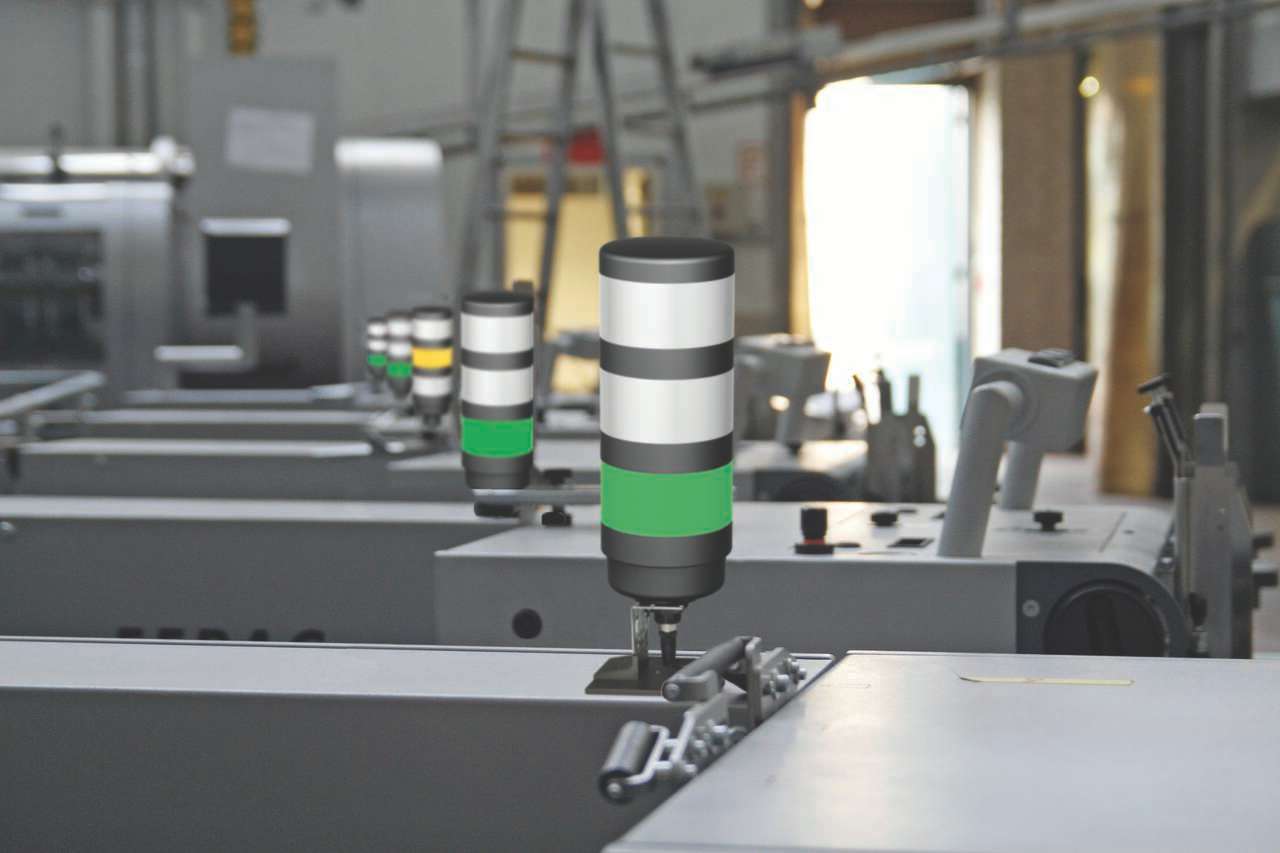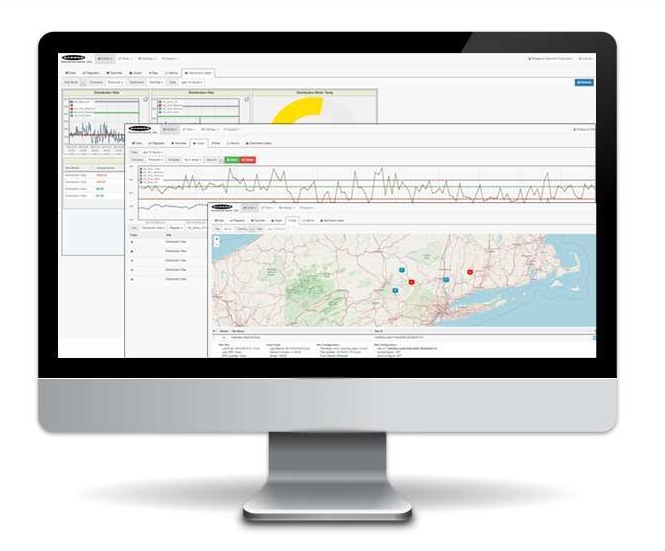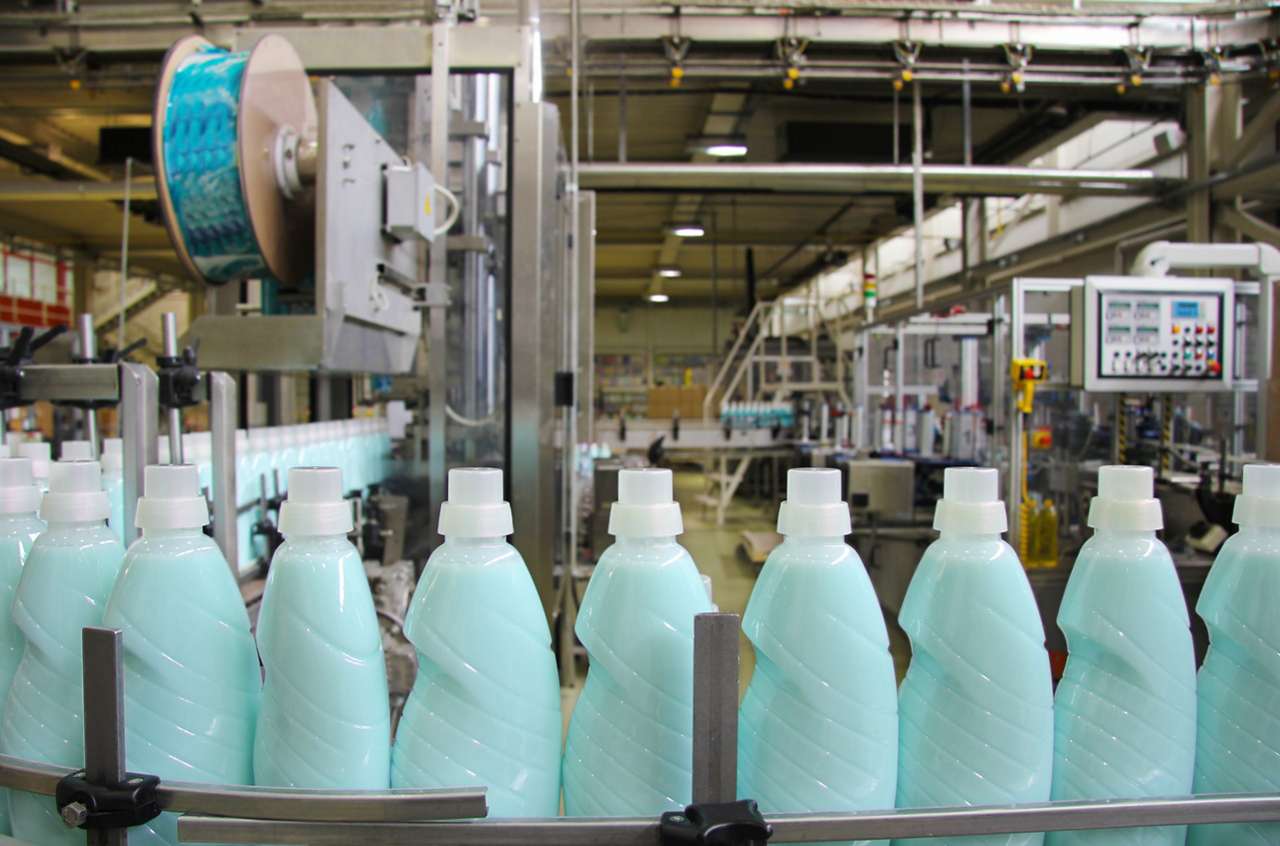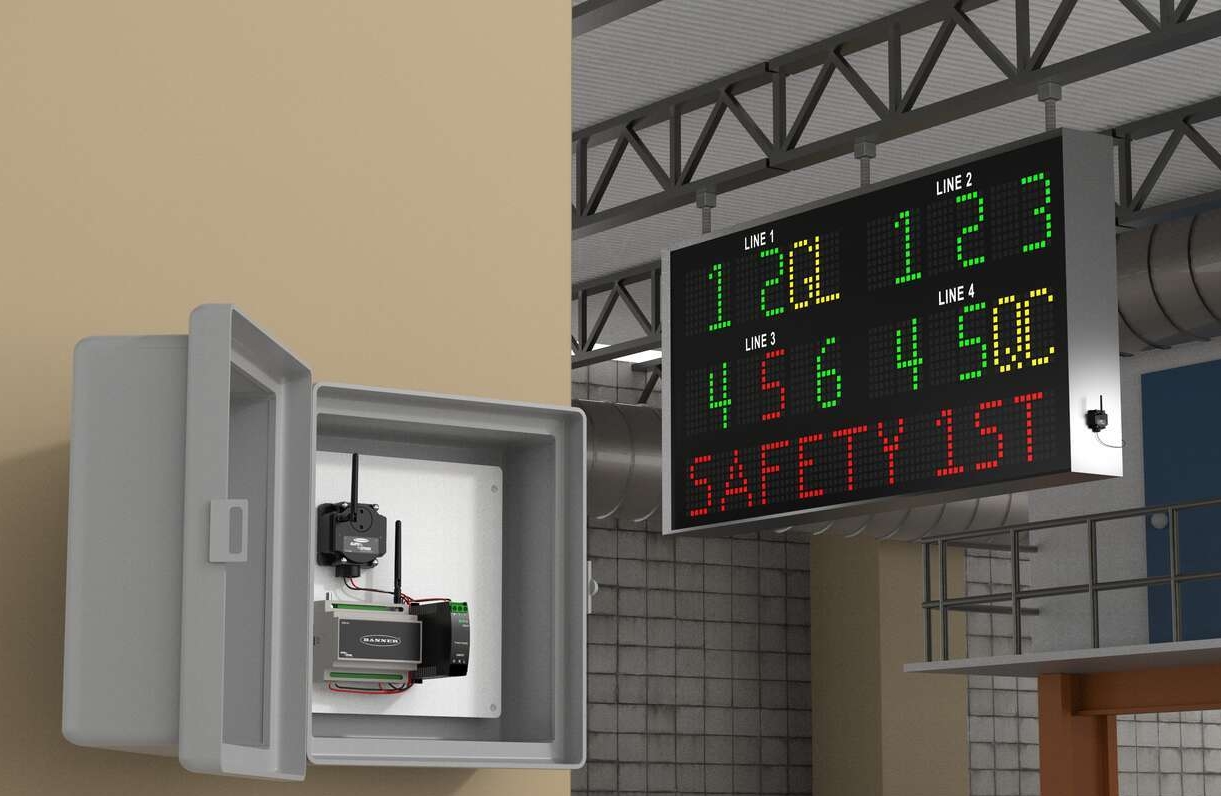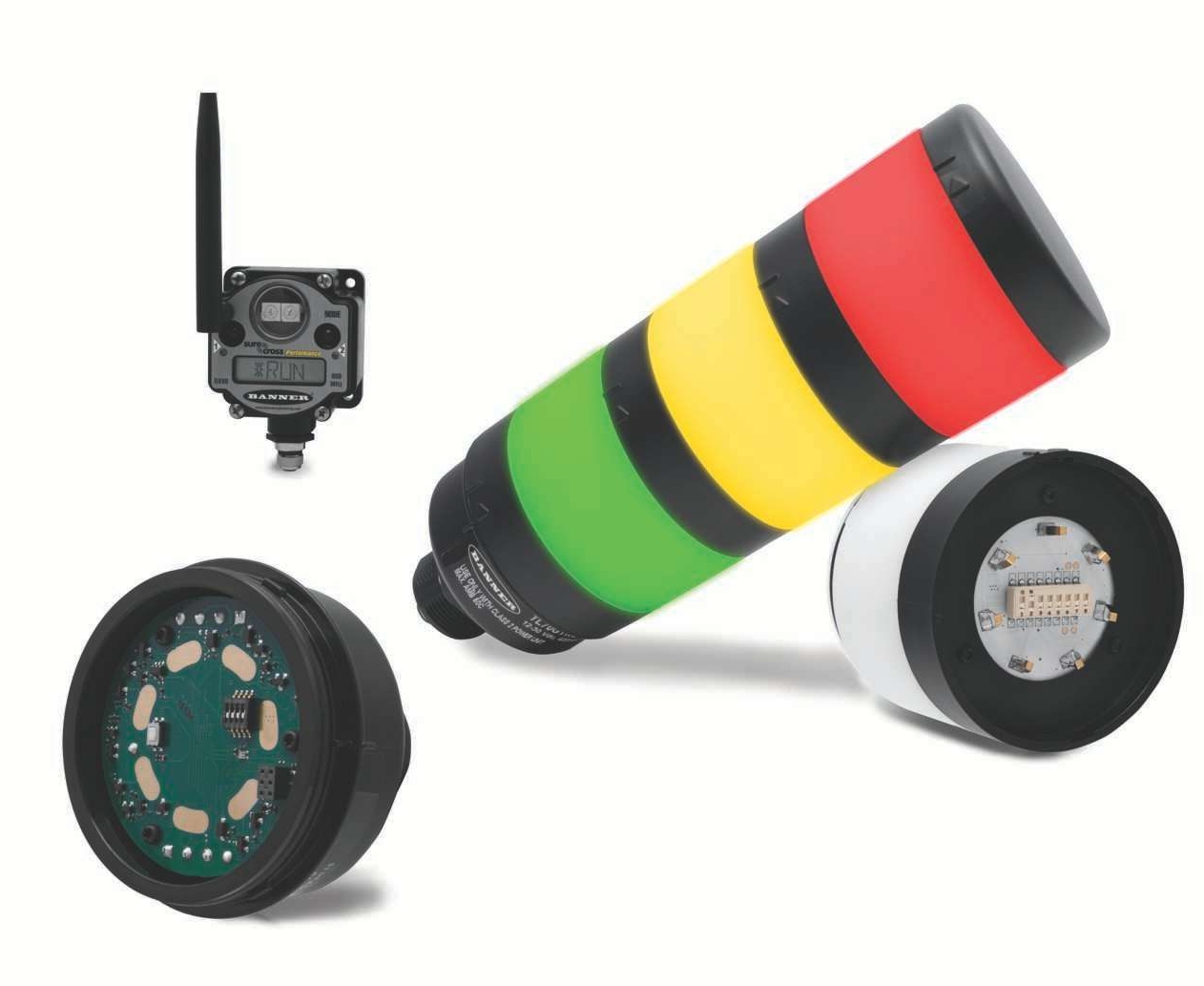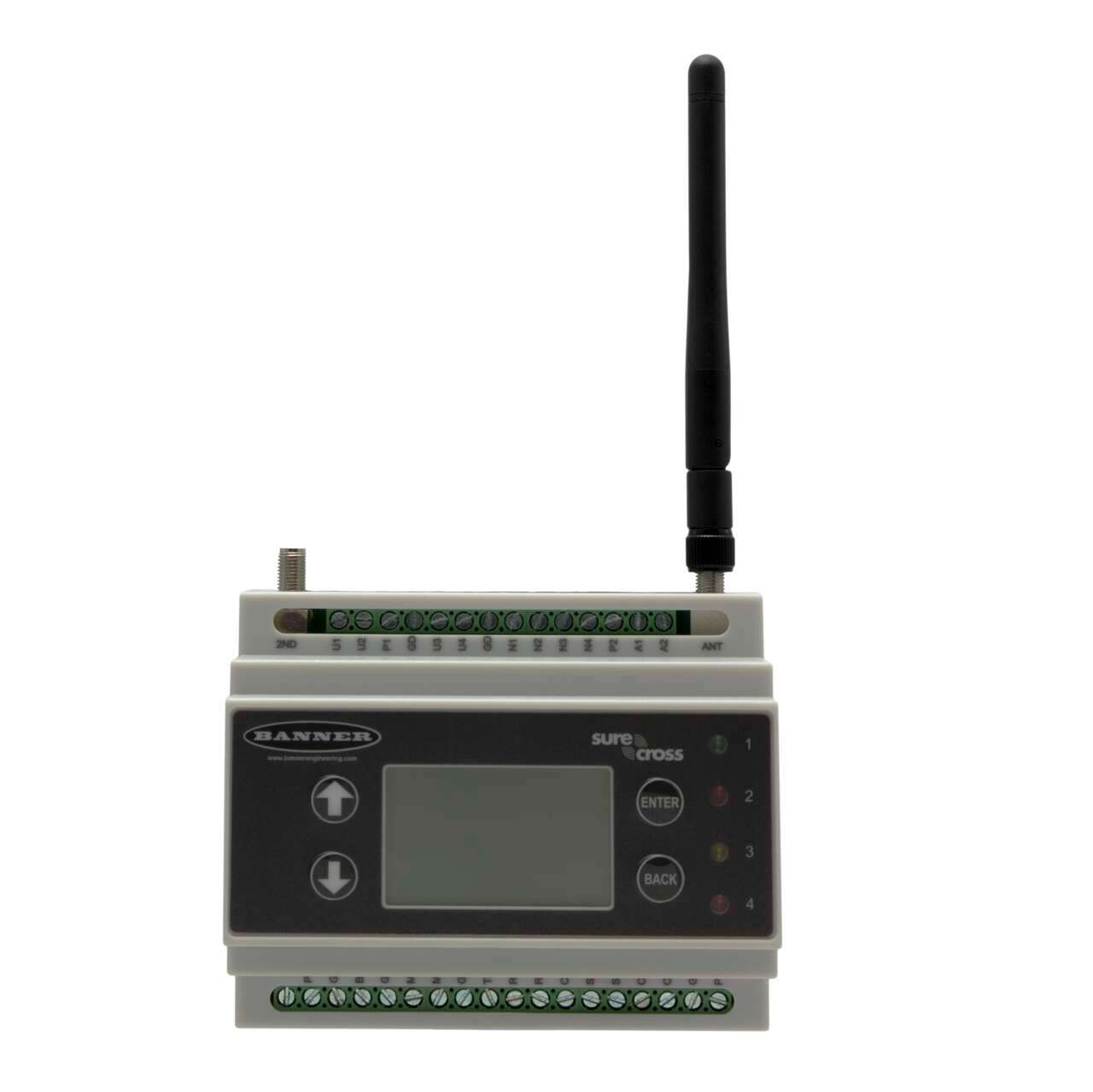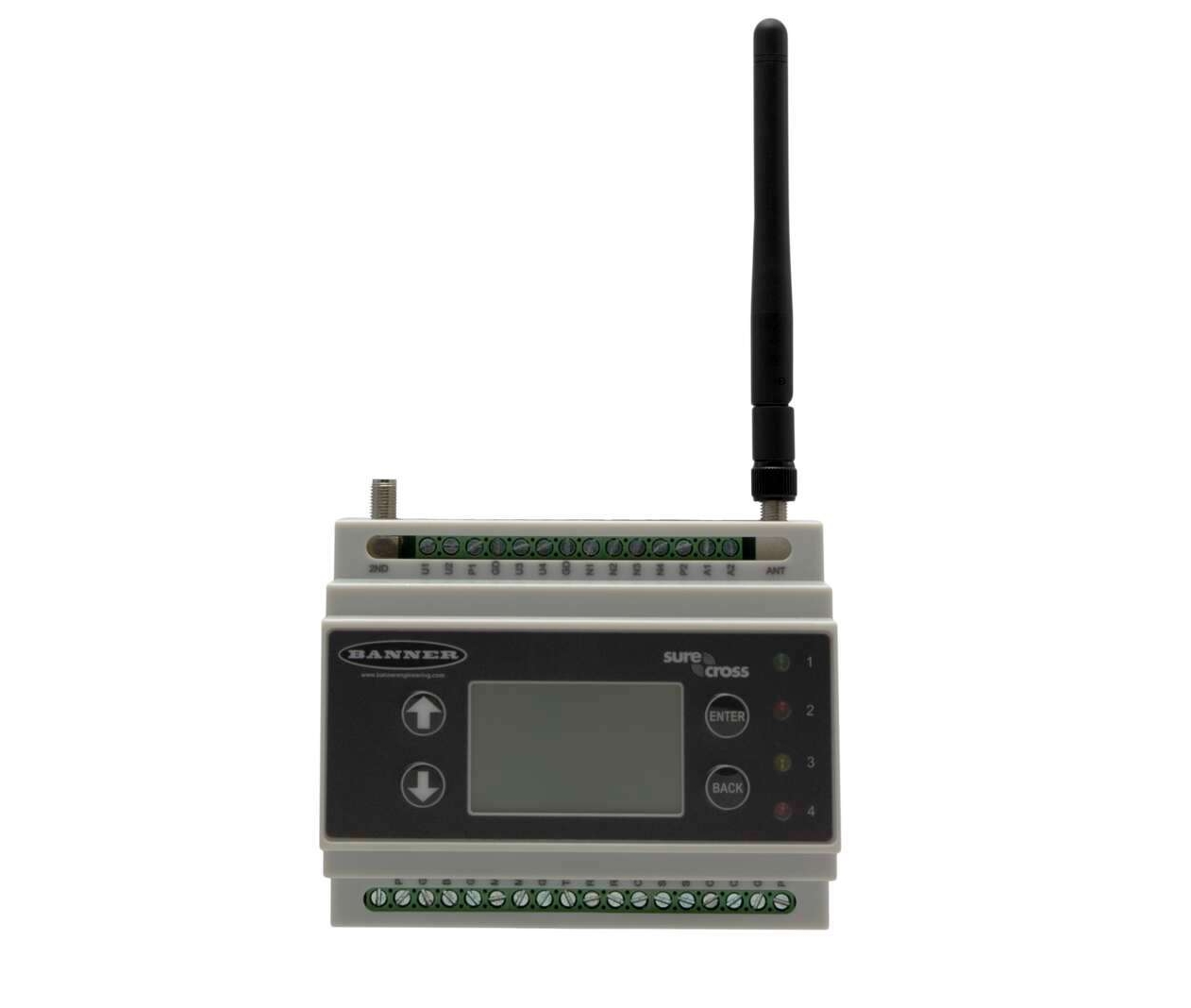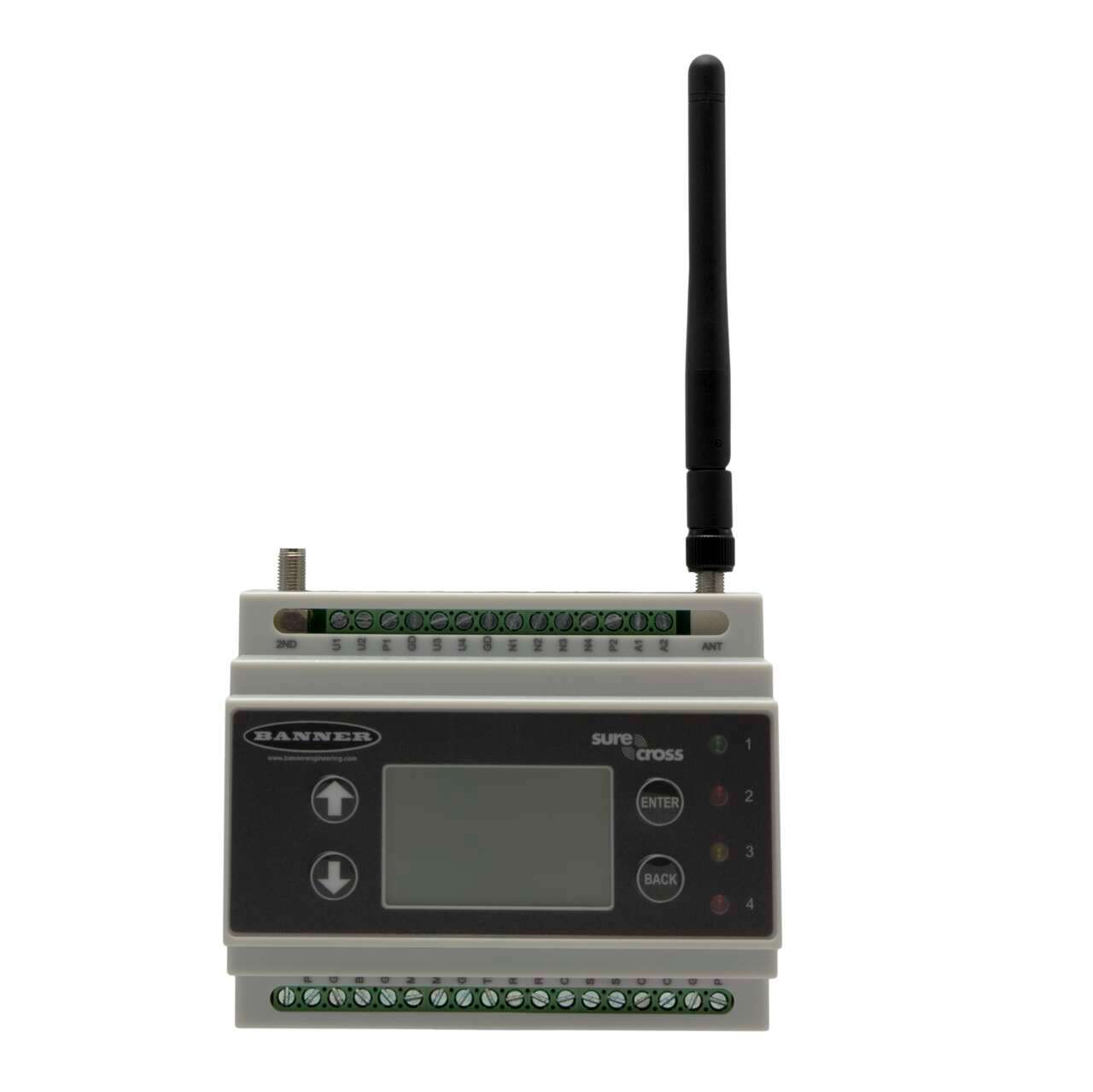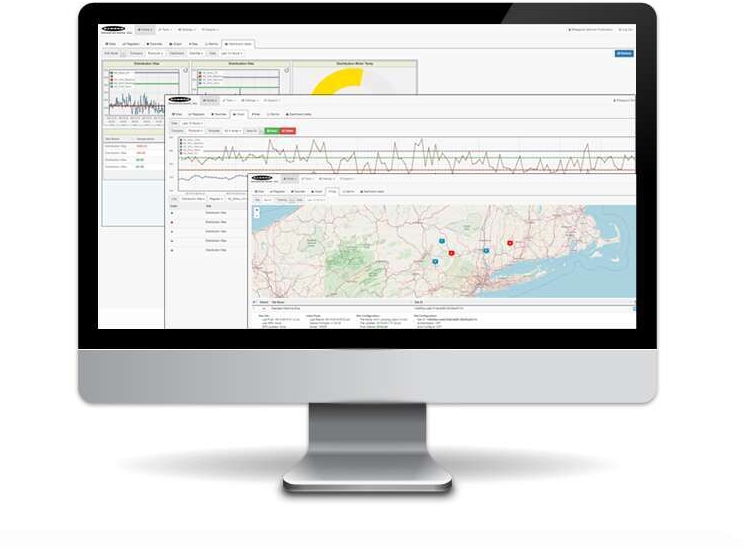Overall Equipment Effectiveness (OEE)
Remote Monitoring for OEE
Remote monitoring of machine status is not just for real-time visibility and immediate intervention. The technologies that power remote monitoring also enable users to track trends in performance over time to improve the efficiency of their operations long term.
Keep reading to learn how remote monitoring capabilities provide data for OEE calculations and make it easier for manufacturers to identify and remedy causes of waste within their facilities.
Overall Equipment Effectiveness (OEE) is a calculation of manufacturing process efficiency that takes into account three primary factors: availability, performance, and quality.
The availability factor takes into account events that decrease total runtime, including planned stops (such as for product changeover) and unplanned stops. The performance factor takes into consideration anything that decreases the speed of the manufacturing process while it is running. The quality factor accounts for parts that do not meet quality standards (parts that must be scrapped or reworked, resulting in wasted time).
The OEE calculation takes all of these factors into account and expresses the result as a percentage, with 100% meaning that only good parts are manufactured (quality), as quickly as possible (performance), and without any stops (availability). The results of this calculation provide actionable insights into the critical sources of waste in a manufacturing operation.
Monitor and Log Trends in Machine Runtime
Tracking trends in machine and process data can help manufacturers identify when and where losses are occurring. However, manually monitoring the status of production machines is a time-consuming process.
Depending on the size of the facility, manually monitoring machine status slows down production and requires additional man-hours that could be more effectively used for other tasks.
With a wireless system, users can easily monitor machines remotely in a central point to log information. For example, using a tower light with a wireless radio base offers not only local indication of machine status but can also provide remote status of each light module.
By logging results from machine status indicators like tower lights, users can track trends in individual machine up time and cycle counts, giving operators machine status updates when and where it is needed.
Monitor Production Input and Output
Monitoring production inputs and outputs provides machine operators and managers with critical data about their processes and equipment and can help them identify and resolve problems on the production line more quickly.
A remote monitoring solution for production input/output uses part count rates to determine if equipment is running, running slow, stopped, jammed, or starved of parts.
Whenever machine performance parameters are outside of user defined levels, an alert is sent to staff via email or SMS text, ensuring a quick response and resolution to any issues on the line. Users can track parts per minute, monitor machine status, and gather metrics to calculate OEE.
Compare Plants and Replicate High Performers
For larger manufacturers with multiple plant locations, performance trends can be transmitted to a central location and compared plant to plant to identify and replicate the sucesses of the highest performing plants.
This visibility into how each plant is performing can also be a valuable motivational tool to help plant managers quickly and effectively implement changes to improve efficiency.
Wireless Tower Light
A bigger, brighter tower light indicator is available as modular segments or pre-assembled with the flexibility to customize as needed and change positions in the field.
- Big, bright 70mm tower lights appear gray when off to eliminate false indication from ambient light and are visible at long distances
- Modular IP65 design gives the user flexibility to customize functionality and install in many environments
- Wireless options, including bases and segments, facilitate installation and enable remote monitoring and control
- User friendly with just a few easy steps to complete installation
Wireless Controller for IIoT Applications
DXM Series industrial wireless controllers are designed to facilitate Ethernet connectivity and Industrial Internet of Things (IIoT) applications.
- ISM radios available in 900 MHz and 2.4 GHz for local wireless network
- Converts Modbus RTU to Modbus TCP/IP or Ethernet I/P
- Logic controller can be programmed using action rules and text language methods
- Micro SD card for data logging
- Email and text alerts
- Cell modem for cellular connectivity
Software for IIoT Applications
The Cloud Data Services software is a web-based platform that allows users to access, store, protect, and export critical data collected by Banner's wired and wireless sensors. The software complements our wireless product portfolio and provides customers with complete end-to-end IIoT solutions to solve the Industrial markets most pressing problems.
- With analytics and visualization tools, the software delivers actionable insights that allow you to solve real challenges on the factory floor.
- Store data and analyze trends over time
- Remotely access data anytime and anywhere using an internet-connected device.
- Get real-time notifications via email or SMS message.
